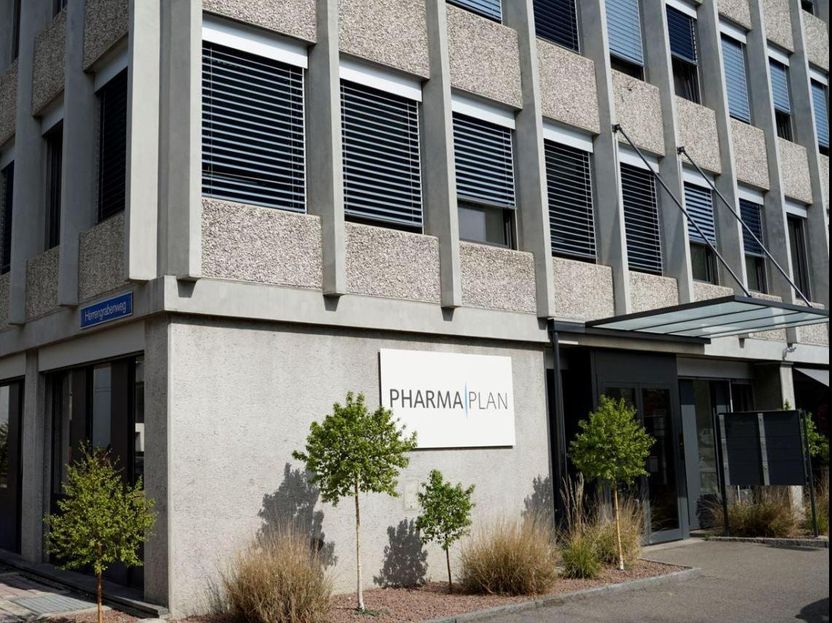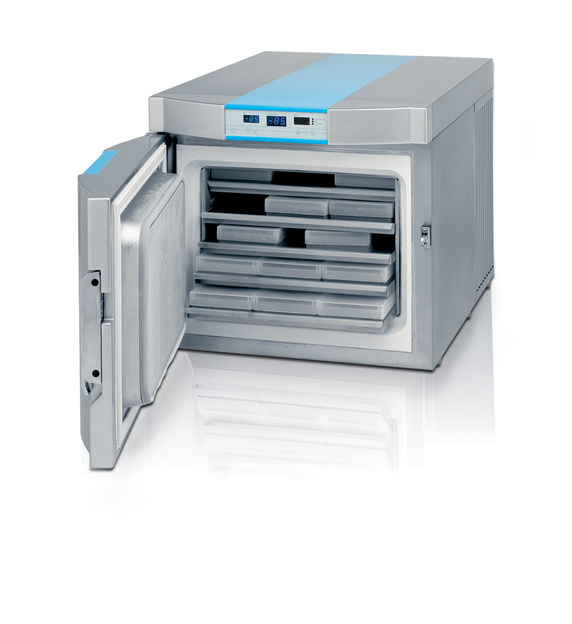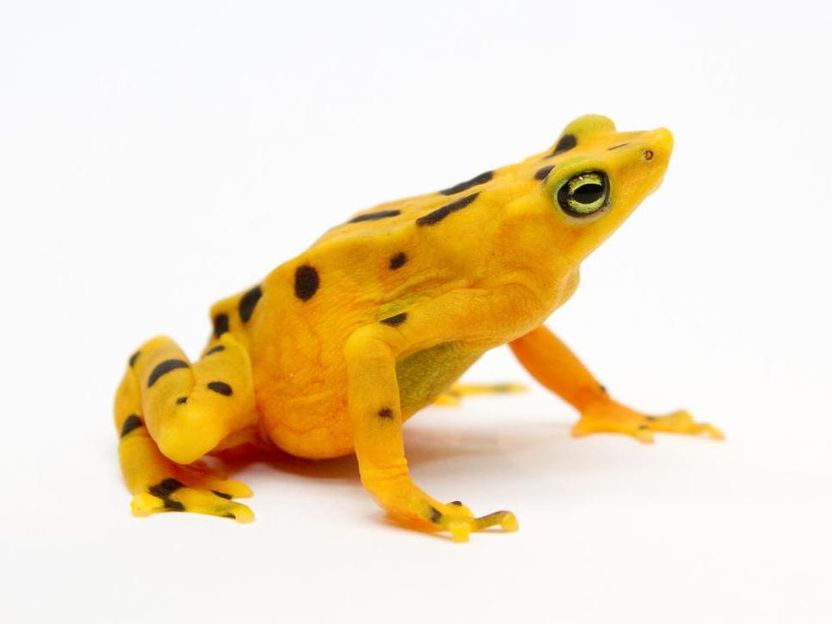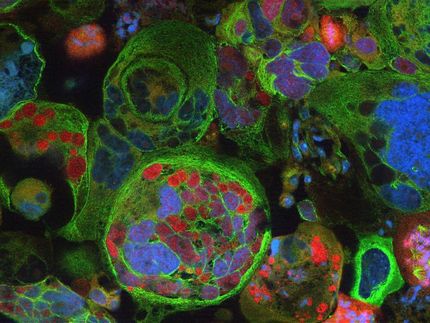Novartis submits supplemental NDA with US FDA for Glivec® for treatment of certain GI tumors
Novartis announced today that it has submitted a supplementary New Drug Application (sNDA) to the US food and Drug Administration (FDA), seeking marketing authorisation for its novel drug Glivec® (imatinib)* for the treatment of patients with unresectable (inoperable) and/or metastatic malignant gastrointestinal stromal tumours (GISTs).
GISTs are the most common malignant form of sarcoma arising in the gastrointestinal tract. Historically, GISTs have been very difficult to treat due to their high levels of resistance to treatment with traditional chemotherapy and radiation therapy. For patients with metastatic or unresectable disease, GISTs represent an incurable malignancy with a median survival of approximately ten to twelve months. Until now, surgery has been the only treatment option, resulting in essentially palliation of this disease. There are approximately 12,000 new cases each year of malignant GIST worldwide.
"GISTs are very difficult to treat and there are very few options beyond surgery for these patients," said David Parkinson, MD, vice president, clinical research, Novartis Oncology. "Glivec is extremely active against the molecular abnormality that helps trigger GISTs, and Novartis believes it represents a significant advance in overall treatment of the disease."
Glivec Background
After a priority review, the U.S. FDA approved Glivec on 10 May 2001 for the treatment of patients with chronic myeloid leukemia (CML) in the blast crisis, accelerated phase or in chronic phase after failure of interferon-alpha therapy. The effectiveness of Glivec in CML is based on overall hematologic and cytogenetic response rates. There are no controlled trials demonstrating a clinical benefit such as improvement in disease-related symptoms or increased survival. This represented the fastest approval of any cancer drug. Glivec is currently approved for marketing in more than 30 countries, including the United States, Switzerland and Australia. Glivec received a positive recommendation by the European Union's Committee for Proprietary Medicinal Products (CPMP) in July 2001, and an approval by the European Commission is anticipated shortly.
About Glivec and GISTs
The submission for US FDA approval is supported by data from a Phase II, open-label, multinational study conducted in 147 patients with unresectable or metastatic malignant GIST. Patients were randomized to receive either 400 mg or 600 mg of Glivec daily for up to 24 months. The overall response rate is 40% based on confirmed partial responses at the time of the data cut-off for the submission. An additional 32% of patients in this study achieved a clinically significant reduction in tumor size. Only 12% of patients progressed in the study.
Topics
Organizations
Other news from the department research and development

Get the life science industry in your inbox
By submitting this form you agree that LUMITOS AG will send you the newsletter(s) selected above by email. Your data will not be passed on to third parties. Your data will be stored and processed in accordance with our data protection regulations. LUMITOS may contact you by email for the purpose of advertising or market and opinion surveys. You can revoke your consent at any time without giving reasons to LUMITOS AG, Ernst-Augustin-Str. 2, 12489 Berlin, Germany or by e-mail at revoke@lumitos.com with effect for the future. In addition, each email contains a link to unsubscribe from the corresponding newsletter.
Most read news
More news from our other portals
Last viewed contents
Sartorius continues to grow by double digits - Growth dynamics of the Lab Products & Services Division impacted by softer European demand

TTP Group opens Pharmaplan branch in Stein, CH
Category:Horse_anatomy
Human cells build protein cages to trap invading Shigella
Applied Biosystems Announces Joint Research Protocol with the NCI Cohort Consortium in Study of Breast and Prostate Cancer
Codexis Appoints Singapore Laboratories Managing Director
Indian_gooseberry
Database AnimalTestInfo: German initiative for more transparency in animal experiments - Information on the purpose of animal experiments and the expected levels of distress caused to animals now provided to the public

B 35 | Freezers | FRYKA Kältetechnik





















































